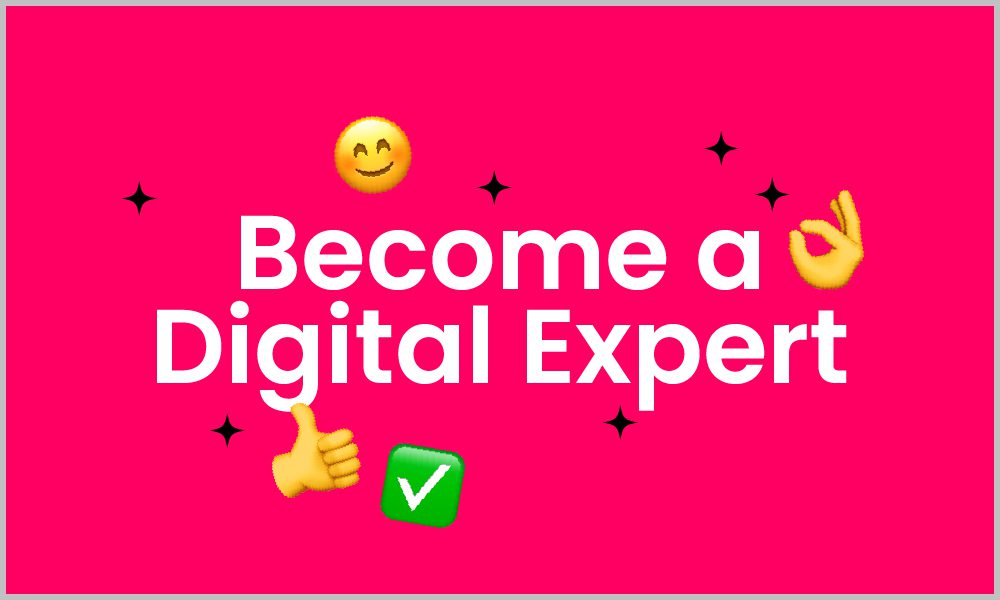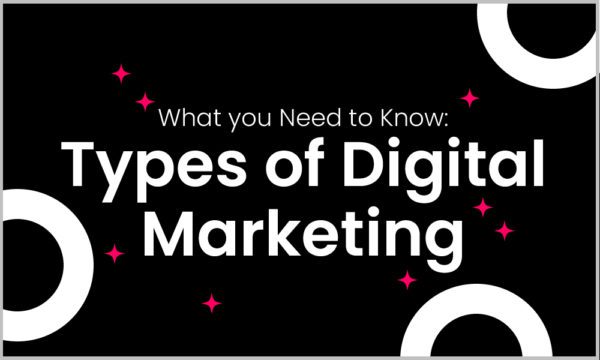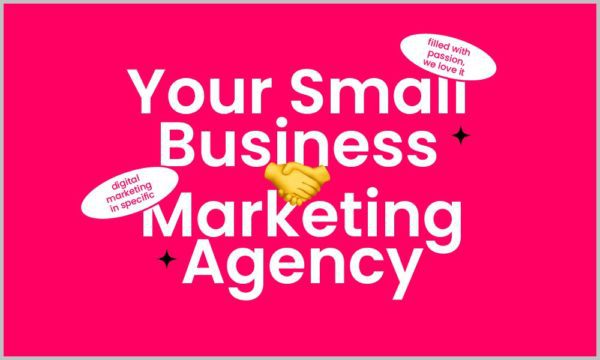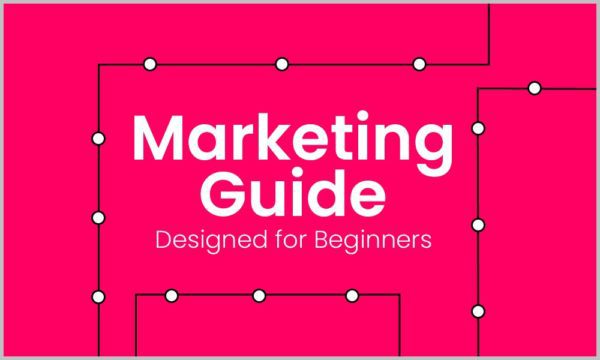Few other marketing options offer a return on investment like digital marketing. Digital marketing is easy to start doing, affordable, and great for small businesses. However, it might seem intimidating to those who have no idea where to start. So, where do you start?
The good news is that the steps to become a digital marketer are well-documented online. The industry has a lot of self-taught digital marketers who have become quite successful in their rights.
Step 1: Decide your priorities
Digital marketing covers a lot of things. Social media marketing, content marketing, and pay-per-click advertising are just a few of the things that fall under it.
- Pay-per-click advertising: It’s perhaps the most well-known and the one that comes to mind when someone mentions digital marketing. PPC advertising is essentially ads that you run online but pay only when someone clicks on them. Unlike traditional advertising where you pay for space, in PPC advertising you pay for an action. These ads are much cheaper than traditional advertising and much more cost-effective. They come in a variety of forms but the most popular are Google ads and Bing ads.
- Social media marketing: It’s important to note that social media marketing is distinct from digital marketing, in that one is a subset of the other. It’s essentially any form of marketing done on social media. There are a variety of activities that come under social media marketing. They could be anything from promotions, content marketing, to paid advertisements. If you’re considering a career in digital marketing, SMM is one with a lot of potentials. Plus, it’s great for businesses.
- Content marketing: The less understood child of digital marketing, content marketing is just as important as PPC advertising and social media marketing. Content marketing is creating and sharing content that is relevant to your business to attract and engage users. Essentially, along with engaging with your users, content marketing also helps with SEO.
At this point, you should know what you want to focus on. While a good digital marketer is capable in all these fields, you should focus on one topic while starting.
Step 2: Start learning
If you want to learn digital marketing, you need practice. But you can’t start blindly. There is a multitude of free courses and certifications that help you get started on the basics.
- Digital Garage: Fundamentals of Digital Marketing
- Google Ads Certification
- Google Analytics Certification
- HubSpot Content Marketing Certification
- HubSpot Inbound Marketing Certification
- Facebook Blueprint (this one is paid)
- And as always, YouTube
There are a lot of other certifications out there for everything from SEO to machine learning. So, take the time out to get started on the certificates you think are relevant for you.
Step 3: Get started
This is the hard part, getting started. But one of the best ways to get started is to create a website on a platform like WordPress. If you don’t have the know-how, there are plenty of tutorials that will guide you through creating your first website. While there are free options, it’s better to buy a domain in the long run. Now that you have a website, start writing blogs on a topic you’re passionate about. We say passionate because you’ll be writing on it pretty frequently. Blogs are great for content and SEO.
At least, a couple of times a week. Use all the theoretical knowledge you’ve acquired regarding keyword research, write your content using all the keywords you want to rank for.
Remember to use SEO best practices and not keyword stuff.
Once you have established your website, it’s time to bring in the visitors. We recommend you start with Google Ads. Create an account, link your website, add analytics tags, and get started! If you’re not sure how to do any of these things, the internet is full of other helpful little content that can guide you through it. Create search ads with the relevant keywords using low bids.
Once you’ve spent some time with search ads, you can move on to Facebook ads. Facebook ads are a little more complicated than Google ads but are just as effective. Particularly, for promoting content.
You’ve done a little keyword research, done some SEO, and created ads. Well, the last bit of the beginner’s guide to SEO is analytics. Digital marketing is nothing without its data. So, learning analytics, whether is Google Analytics or Facebook Insights, is crucial for your success as a digital marketer.
So, the basics steps for learning digital marketing are pretty straightforward.
- Create content
- Promote content (paid ads, social media)
- Analyze data
- Repeat
The great thing about digital marketing is that it’s accessible to all. To get started, all you need is a laptop, some time, and a lot of coffee. Like all things, expertise comes with experience, and experience comes with practice. So, what are you waiting for? Get started now!
If you want to know more, you can always talk to us at +971 4 580 3378.



